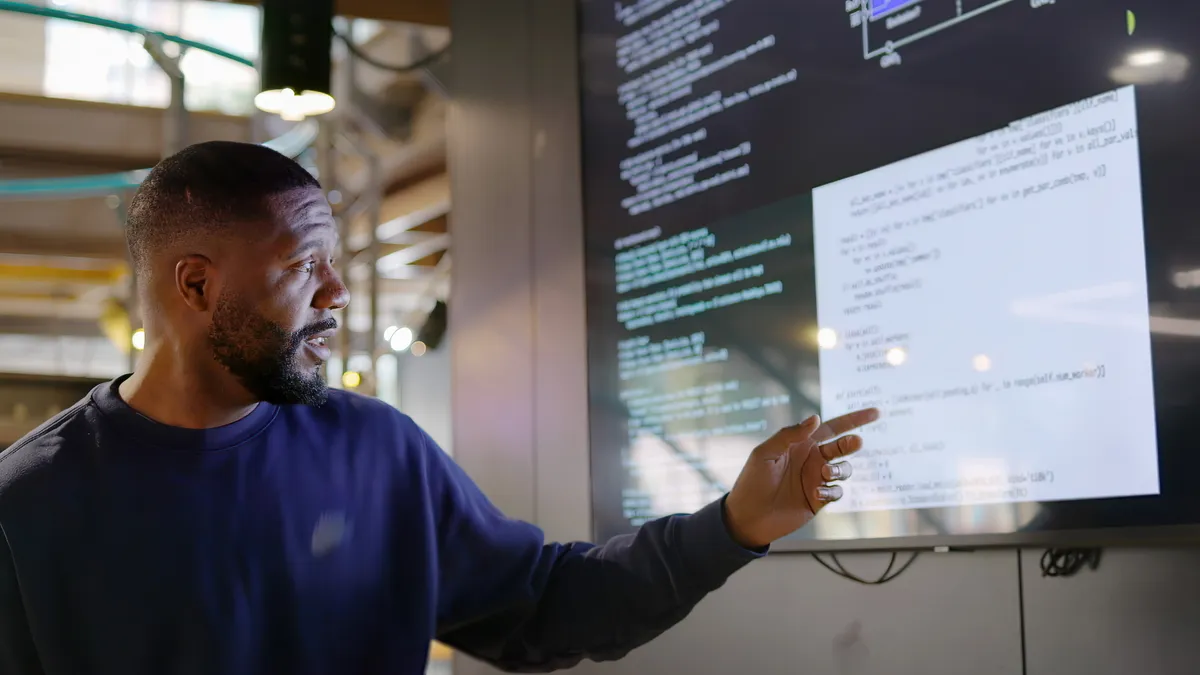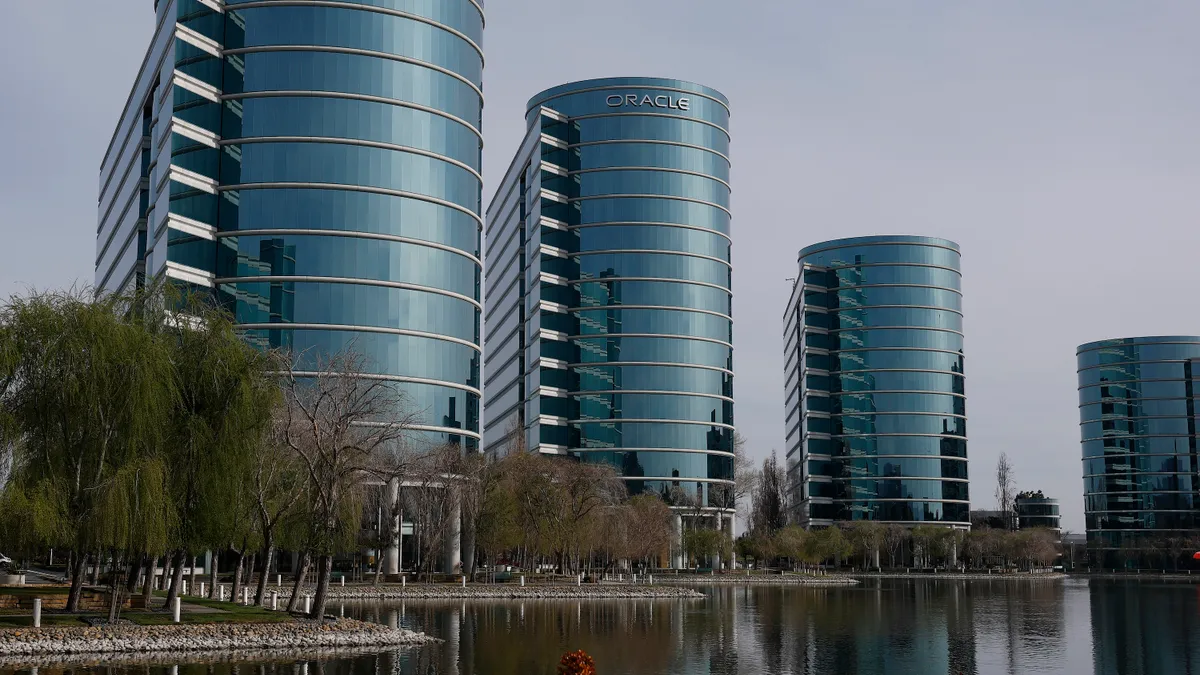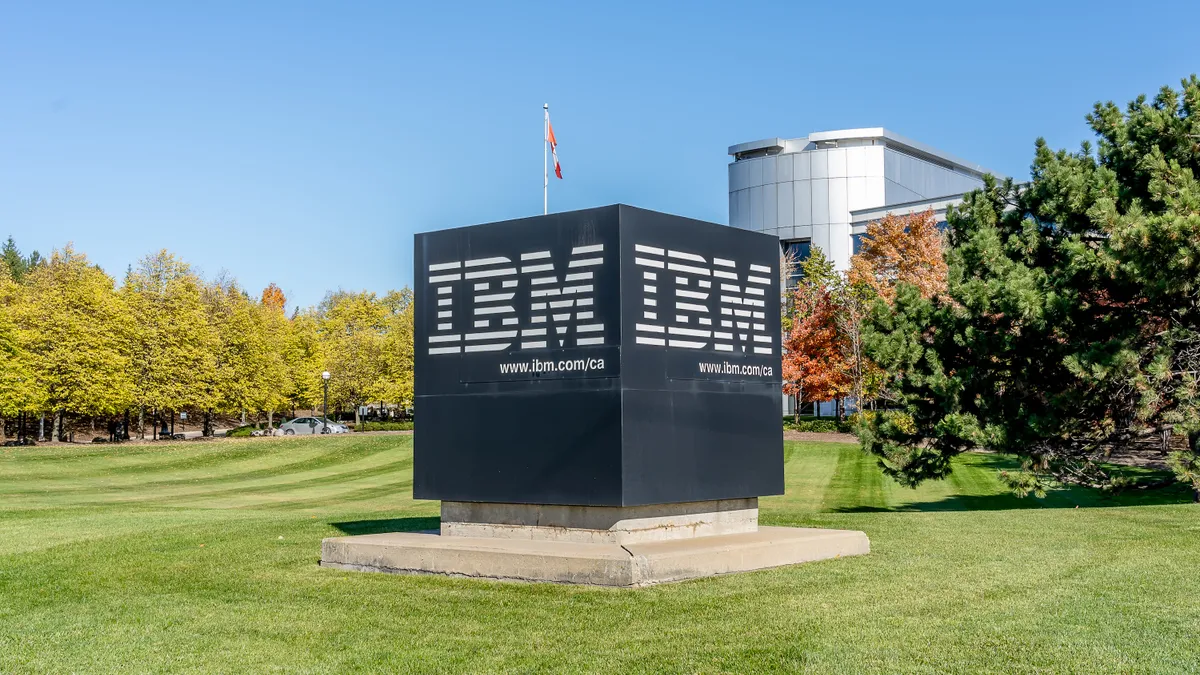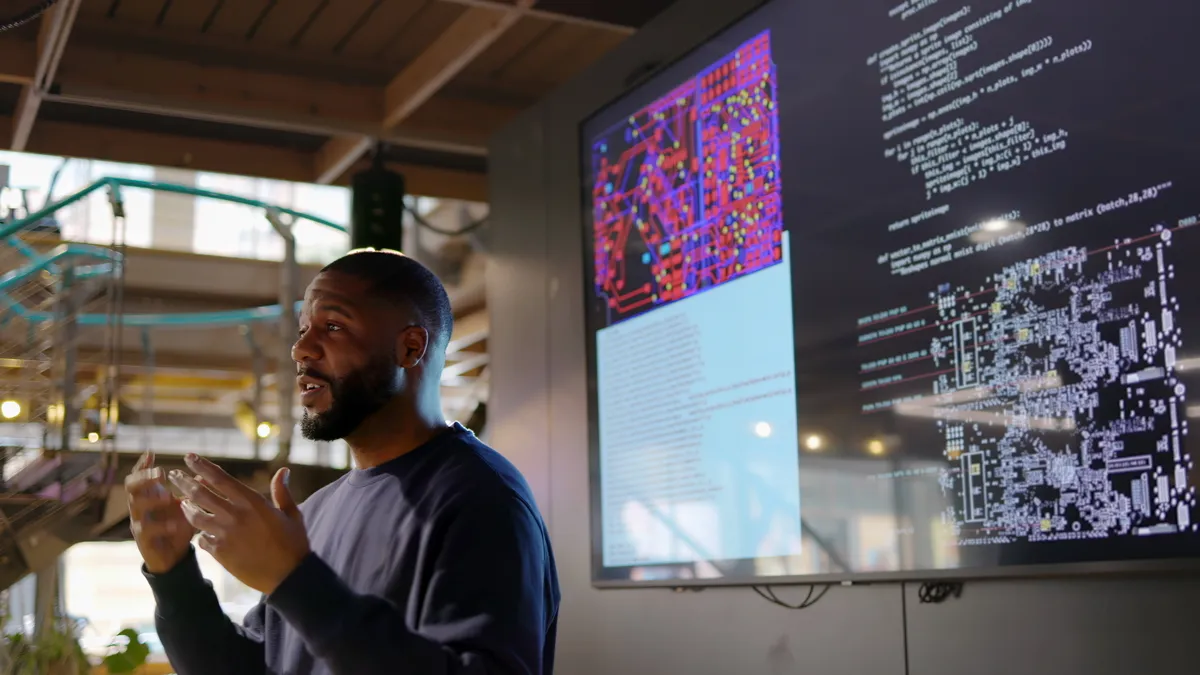At the height of the pandemic, organizations began asking new questions of their data infrastructure.
"I never got such an influx of questions" that began with "how can we," said Hernan Asorey, EVP and chief data officer at Salesforce.
Organizations needed data insights to guide them through supply chain disruption, shifting customer behavior and a short-notice pivot to remote work.
From tracking consumption patterns to data health checks on existing systems, companies with a chief data officer (CDO) within the C-suite relied on their leadership to push past disruption and support operations. The crisis provided CDOs with further evidence of the value data insights can provide.
"What changed fundamentally is the need to shift to what was most important," identifying quickly which data became most relevant in the context of the pandemic, said Asorey.
Equipped with data insights, the profile of the CDO as a business leader is rising, according to an IDC study commissioned by software company Informatica. In CDOs' list of key performance indicators, 80% are tied to business goals, including metrics around operational efficiency, data privacy and protection and customer satisfaction and success.
The long-term data advantage
The narrative around the CDO has often leveraged a sports metaphor. The role went from defense, or compliance around data, to offense — turning data into insights that could increase the competitiveness of organizations, industry watchers have said.
But the offense vs. defense narrative isn't new, and doesn't quite explain the evolution of the role, according to Jennifer Belissent, principal analyst at Forrester. Saying the role moved from defense to offense breaks organizations into different teams.
"Rather than dividing up into these two camps and these two missions, it's really two sides of the same coin," Belissent said. "The idea is to deliver value, but you can only deliver value if the data has been protected and secured and cleaned."
It's a role trusted to the CDO at an increasing number of companies. Though in years past close to 50% of companies featured this role in the C-suite, 64% of enterprise-level companies have appointed CDOs, and another 28% have plans to do so, according to a Forrester survey published this year.
What's becoming clear is that the pressures of the pandemic made the case for the existence of the CDO role, according to Jitesh Ghai, SVP and general manager, data management at Informatica.
"As the importance, understanding and relevance" of data grew, it "elevated the charter of the CDO to align with more strategic priorities than just risk and compliance," said Ghai.
C-suite dynamics
CDOs have influence over company decisions as data becomes a company imperative. Finance calls on data to guide purchasing decisions as budgets shrink. Operations needs data insights to keep supply chains running smoothly. Marketing wants to know which segments to pursue in the context of the crisis.
Six in 10 CDOs report directly to a business leader. CDOs reporting to the CEO was the organizational hierarchy most frequently cited in the Informatica report. Forrester data shows a similar landscape, with 42% of CDOs reporting to the chief executive, and 30% of CDOs reporting to a tech-focused role, such as the CIO or CTO.
"That's a dramatic shift from the past," said Belissent. A tide of CDO appointments began in the wake of the 2008 financial crisis, as a response to concerns about data breaches and new regulatory requirements.
With the pressures of the pandemic, the scope of the CDO will lean closer to the business function with the crisis providing a platform to "articulate on the strategic importance of data," said Ghai.
"The chief data officer is first and foremost a business-led function, in that it supports the line of business and most likely reports into a line of business and more so than it does reporting into IT, which was historically the case," said Ghai.
CDOs will further leverage data to inform decisions, as organizations seek faster return on investment on the projects they choose to prioritize.
"I do expect that, in more traditional vertical organizations, this role will be elevated to the level of impact that it deserves to create for companies," said Asorey, whose role at Salesforce focuses on transforming data owned by the company into actionable insights.
Lessons from the crisis
As companies made their way through the crisis, the profile of the CDO rose, their involvement in line of business priorities heightened in the context of the pandemic.
Three principles should guide CDOs navigating a post-pandemic reality, according to Asorey:
- Pragmatism: "Best is the enemy of the good, and good enough is good enough when you're dealing with a crisis," Asorey said. Iteration is a critical skill in the context of disruption.
- Relevancy and brutal prioritization: Data can act as guidance that helps a company move forward in a crisis, and decide what initiative is important and why at a time of reduced access to resources.
- Compassion: Everyone was thrust into uncharted territory in the wake of the crisis. At a time when organizations are asking for certainty and accuracy of data, it's important to show compassion — to both the requester and the producer.
"The influx of data, all kinds of data, was actually unimaginable," said Asorey. "But it was also very rewarding to see that these were the moments when data-guided companies and data-driven companies could actually have a differentiation in handling, reacting and helping others."




















